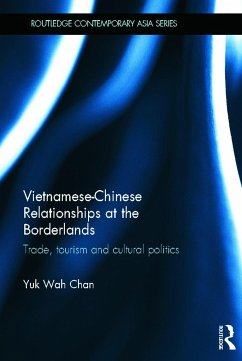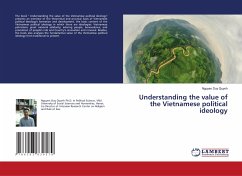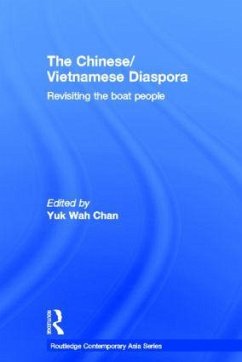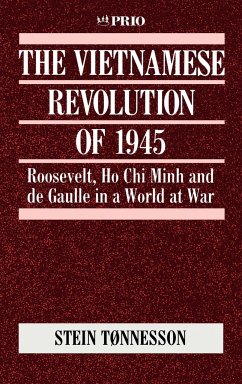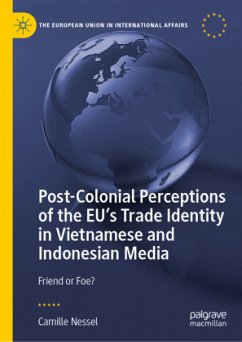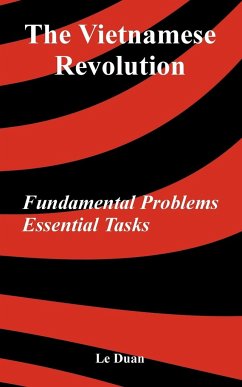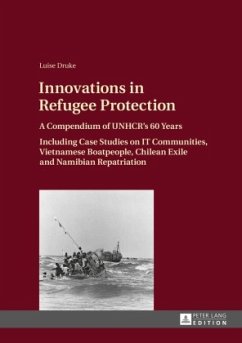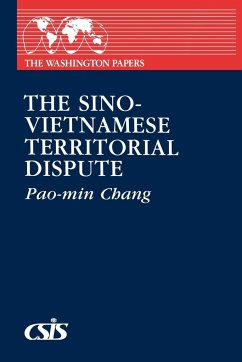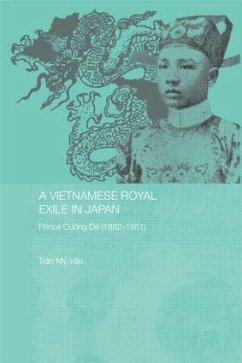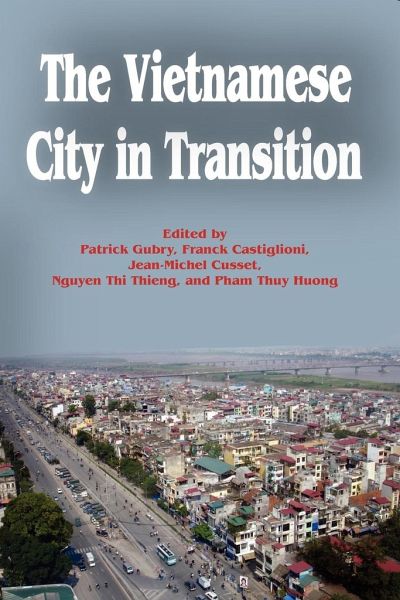
The Vietnamese City in Transition
Versandkostenfrei!
Versandfertig in 1-2 Wochen
68,99 €
inkl. MwSt.

PAYBACK Punkte
34 °P sammeln!
Since the Doi Moi policy of economic renovation was introduced in 1986, Vietnam has undergone deep transformations as a result of the transition to a socialist-oriented market economy. Social and urban transition has taken place in parallel, as urban dynamics were spurred on by Vietnamese public and private stakeholders, and by external agents such as international organizations and international solidarity organizations, experts, consultants and bilateral aid organizations. Here are the results of research carried out by French, Canadian and Vietnamese teams from the north and south of the co...
Since the Doi Moi policy of economic renovation was introduced in 1986, Vietnam has undergone deep transformations as a result of the transition to a socialist-oriented market economy. Social and urban transition has taken place in parallel, as urban dynamics were spurred on by Vietnamese public and private stakeholders, and by external agents such as international organizations and international solidarity organizations, experts, consultants and bilateral aid organizations. Here are the results of research carried out by French, Canadian and Vietnamese teams from the north and south of the country on the overarching theme of Vietnamese cities in transition. Some of this research deals with urban dynamics, some with the issues at stake within such dynamics, or with the strategies of the most significant stakeholders in urban transition: civil society, donors within the framework of official aid for development, consultants and international consultancy firms. These projects were carried out between 2001 and 2004 as part of the Urban Research Programme for Development (PRUD), and mainly focus on Hanoi and Ho Chi Minh City, or both in the case of comparative studies. Is there such a thing as a Vietnamese model of an Asian city? It seems that urban transition in Vietnam is not taking place in as radical and abrupt a manner as in China. The country's capacity for absorbing external models, the quest for a third way between state intervention and economic liberalism, and the fact that the country's architectural heritage is taken into account in urban planning, are just some of the reasons for its particularity. The issues addressed in each chapter, as well as the proposals for further research suggested by the contributors, should act as a catalyst for urban research in Vietnam.





